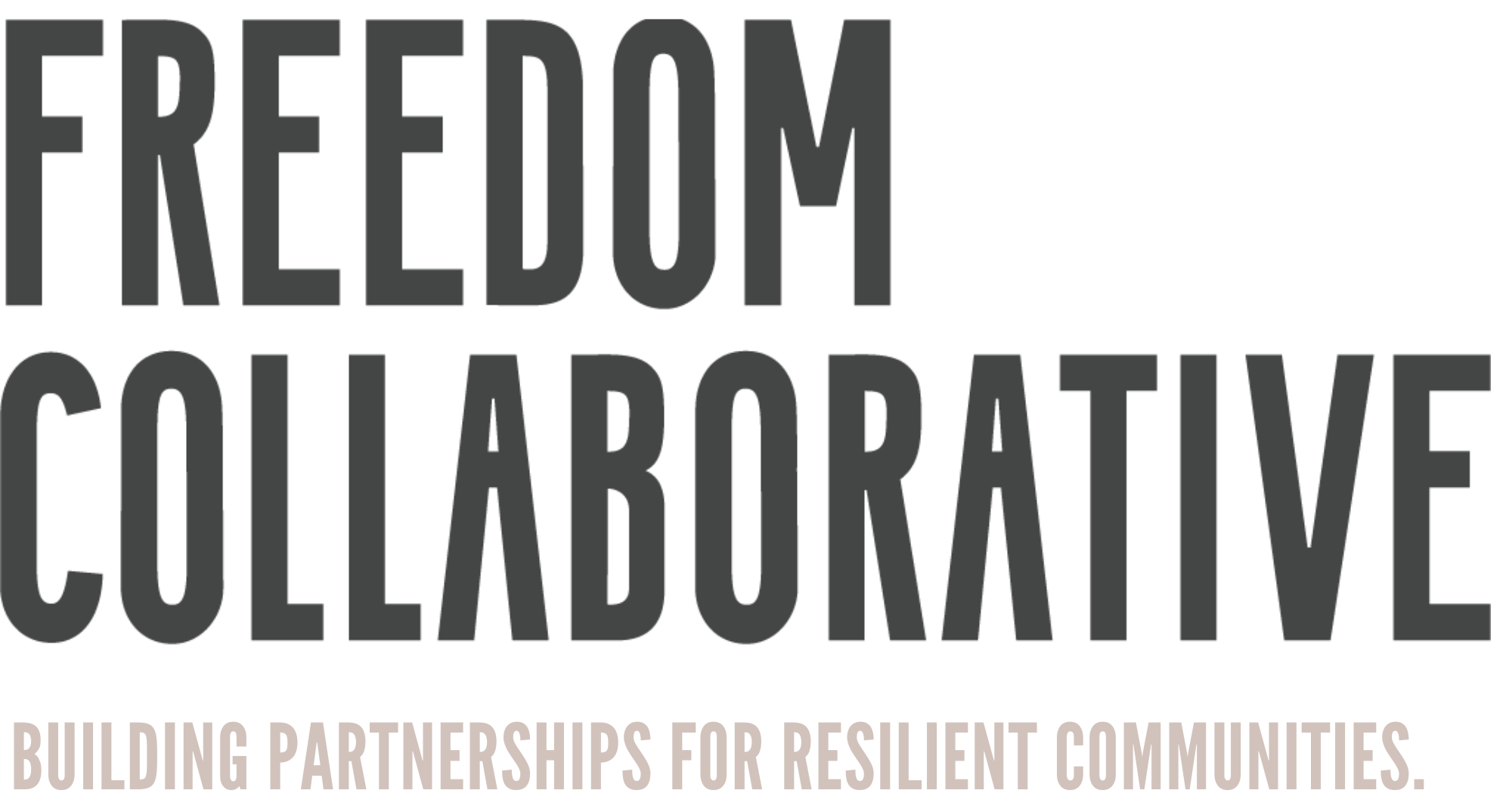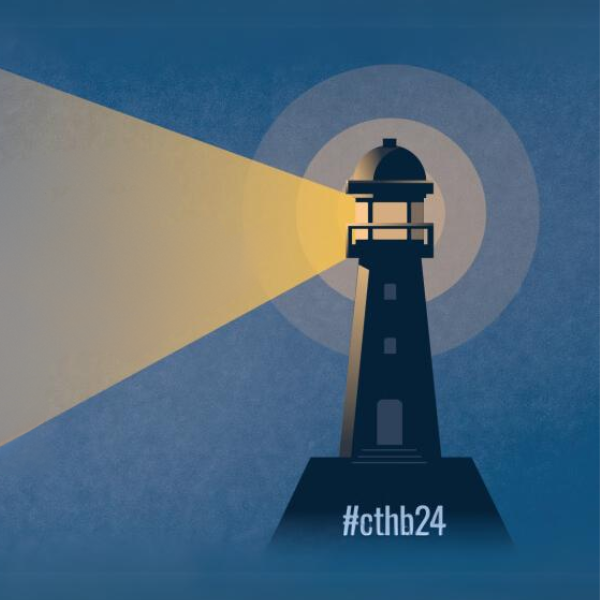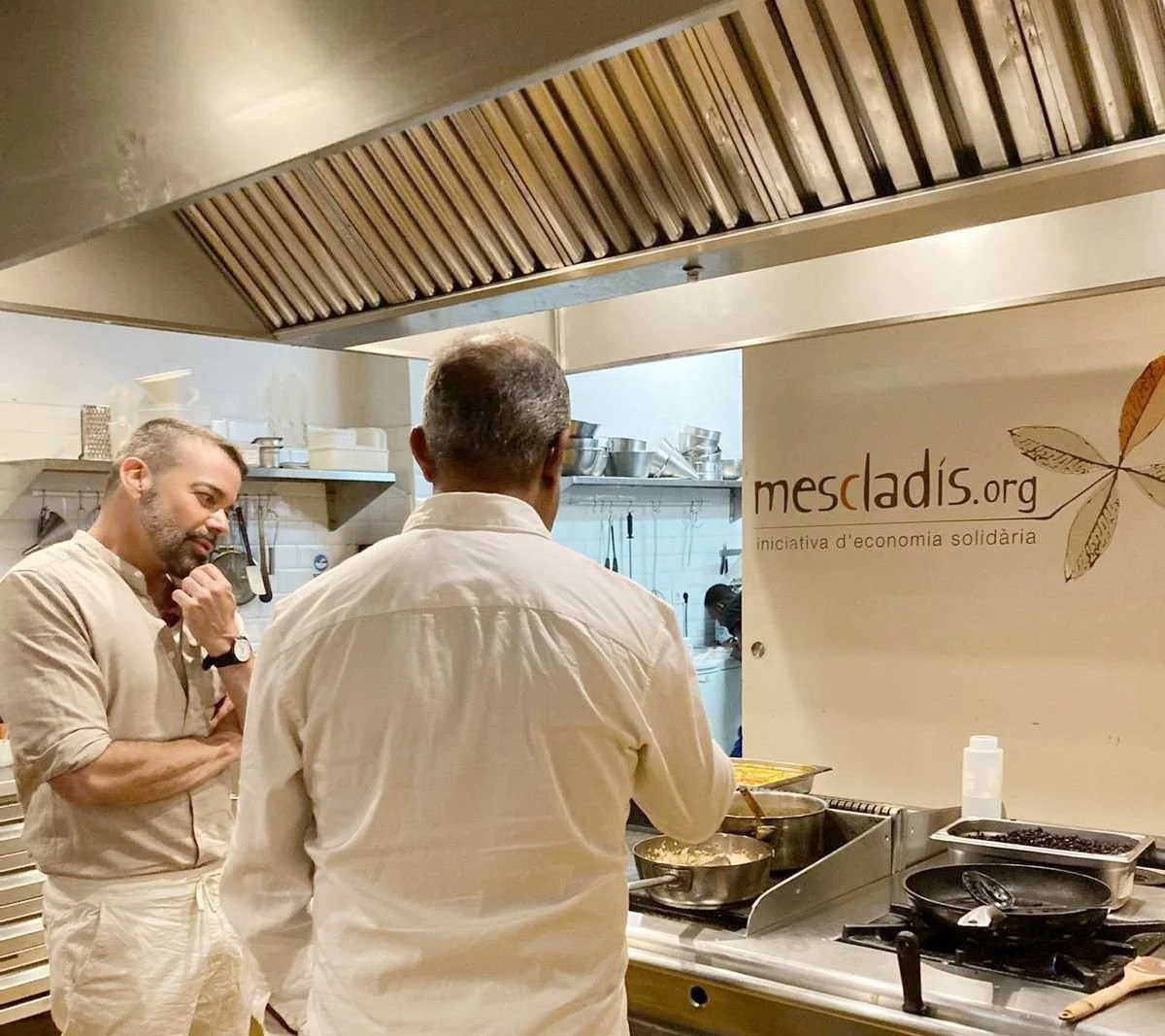International collaboration is required to combat trafficking in illegal online scam centers
Awareness raising and collaboration on targeted regional or international rescue operations are the best available hope to counter trafficking in Cambodia’s illegal online scam sites.
Image: Recruitment ad on social media (Facebook).
Media reports have drawn attention to the rapid growth of trafficking, exploitation, and extreme abuses in casino towns such as Sihanoukville or Poipet around special economic zones in Cambodia, Laos and Myanmar, where casinos propagate illegal online scams. Although the casinos had already shifted to illegal online scams before the pandemic, these operations have accelerated recently, aided by the widespread adoption of smartphones and the rising use of digital payments, e-commerce apps and cryptocurrencies. The scams target primarily mainland Chinese victims and trick them into fake online investments, though they also ensnare other Chinese-speaking people, such as Taiwanese, Malaysians, Filipinos, and Indonesians. The operations have two sets of victims: first, the people from whom they steal and extort money in elaborate and convincing schemes called “pig butchering” and, second, the scammers themselves–people lured by false job offers and trafficked to fulfill quotas of victims from whom to steal money. The Global Anti-Scam Organization (GASO) states that the average loss per scam victim is $155,117, with a median loss of $52,000 and a large proportion of victims are well educated with advanced degrees.
According to the USAID Cambodia CTIP Project, the trafficking victims, who include Chinese, Thai, Vietnamese, Taiwanese and Indonesian nationals, differ from what we traditionally expect of trafficking victims. They tend to be more educated, often from lower-middle income families, and their only vulnerability comes from unemployment due to COVID and the chance exposure to an ad on social media. Following false job offers, they become locked in 6-month contracts, forced into debt bondage, and some are severely beaten, tortured, or even killed to ensure compliance while the criminal networks operate with effective impunity.
Despite reports that thousands of people have been trafficked this way, not one single victim has yet been officially recognized. Instead, those making trafficking claims are in danger of facing counter-accusations of fabricating false claims.
Because little official cooperation can be expected in these cases, the best hope for counter-trafficking efforts include awareness-raising campaigns to alert attention to these duplicitous job offers and inter-agency, cross-border collaborations on very limited, targeted rescue campaigns.
As the USAID Cambodia CTIP Project explains, the modus operandi of these criminal networks is very consistent. The recruitment ads have red flags such as: they never share names of the companies offering jobs, there is no more specific address or location other than Sihanoukville or Cambodia, the only contact is a profile on a social media site such as WhatsApp or WeiBo, and they offer payment of $1,000-1,500 per month and generous benefits such as free food, housing, or travel costs. While advising people to simply avoid going to Cambodia is unlikely to be effective, prevention campaigns alerting people to these red flags could be helpful. The Thai Ministry of Foreign Affairs has also shared red flags to help people spot fraudulent ads.
In the USAID Cambodia CTIP Project’s experience, rescue campaigns need to be targeted to very specific individuals to be effective. Some of the best examples have been achieved by foreign embassies, such as the Thai or Indonesian embassies, who have evidence about a particular citizen being trafficked and can give very detailed information (their location, phone number, full name, and an image of their ID card or passport), and use that to negotiate the release of that person with the owners of the premise. The person is likely to be treated as an undocumented immigrant and subject to deportation and may be offered a quick exit via the embassy. On the Cambodia side, there is not a victim identification process or screening to identify these foreigners as trafficking victims. Furthermore, although they may face charges of illegal migration or engaging in online scams, many eschew recognition as a trafficking victim due to fears of stigmatization.
While Taiwan has created an inter-ministerial task force to combat the issue, and Thailand has taken actions such as arresting and extraditing a Chinese fugitive accused of running online gambling scams and tasking the Digital Economy and Society Ministry with working with police to investigate and block online gambling sites, more regional and international cooperation is needed. Coordinated action between government agencies, NGOs, and international organizations is necessary to organize a humanitarian response to these thousands of victims and provide anti-trafficking agents more leverage with which to act. As Retno Marsudi, Indonesia’s foreign minister states, “Public awareness about such frauds needs to be intensified and cross-border cooperation needs to be promoted.” Joint statements such as one issued by 35 civil society organizations and the warnings from 5 Asian embassies earlier this year emphasize the impact on Cambodia’s international standing and hopefully provide incentives to cooperate. As an added measure, social media companies could be pressured to devise algorithms to help find and block more of these fraudulent ads, similar to how they target online child sex trafficking.
Have You Considered…?
This year’s Trafficking in Persons Report issued by the U.S. State Department emphasizes the value of disaggregated prosecution data. According to the report, “since traffickers are sometimes charged, prosecuted, and convicted under other statutes, such as immigration or commercial sex-related offenses, it is key to properly classify the charges under which traffickers are convicted to assess the effectiveness and use of anti-trafficking laws to successfully prosecute sex and labor trafficking cases as trafficking in persons. Additionally, details about the crime, including the type of trafficking and demographic information of both traffickers and victims, should be collected to determine if there are gaps in application of anti-trafficking laws.” Background information should include demographics such as age, gender, ethnicity, and socioeconomic status. However, it could also prove useful to record motives and their recruitment as traffickers to help us better understand the pathway to trafficking and how to intervene.
Share your news
Post your experiences from the field and initiatives to feature





